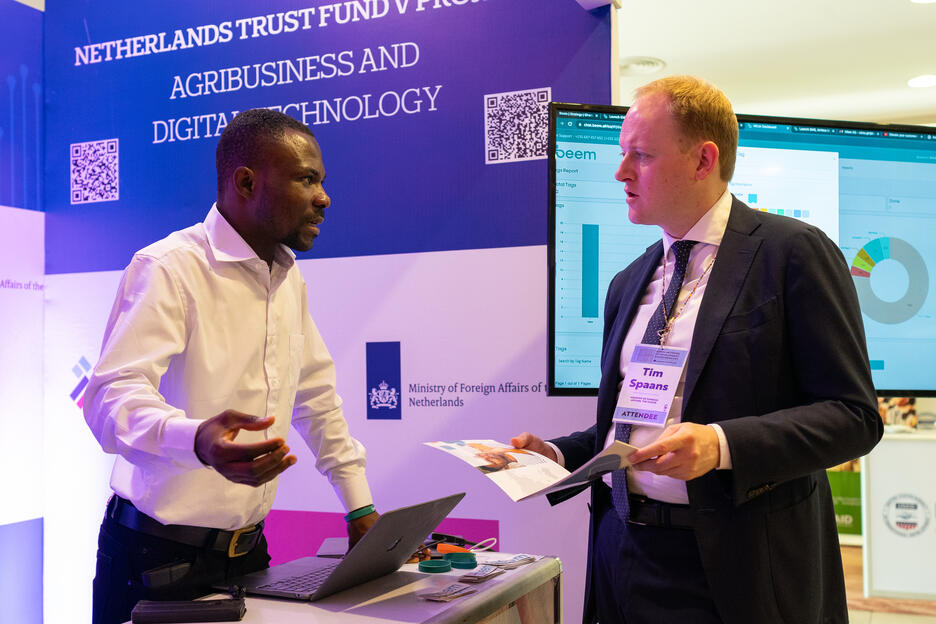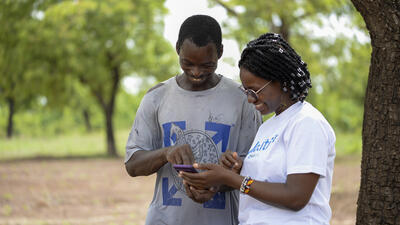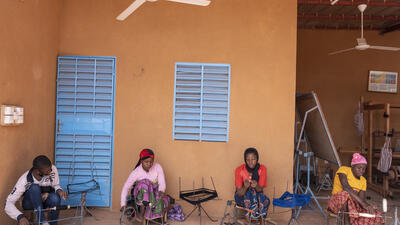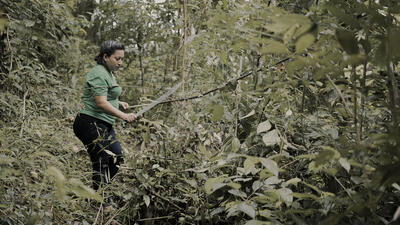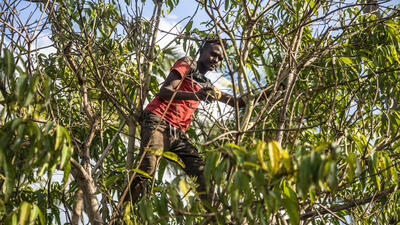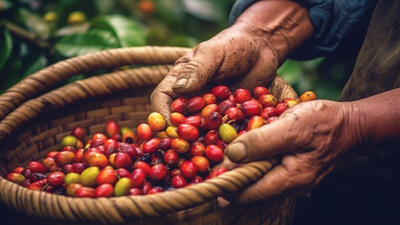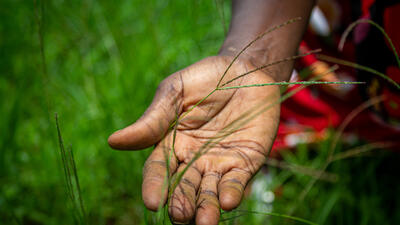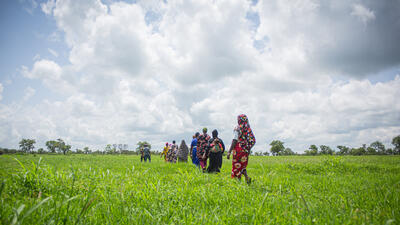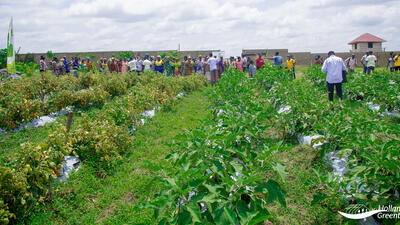
Transitioning to a sustainable green and digital future
The International Trade Centre and the Netherlands have been working together since the 1990s. Here is a recount of what this partnership stands for.
The Netherlands is harnessing the power of technology to galvanize Africa’s immense agricultural potential.
With the International Trade Centre (ITC), we are building bridges between technology and agribusiness to increase trade for inclusive and sustainable economic growth, respect for human rights and offering an alternative to irregular migration.
Seventy percent of the population in Africa depends on agriculture. By encouraging tech entrepreneurs to provide farmers with digital real-time services on climate, seeds, market information, pricing, as well as access to knowledge, services, and finance, we help create decent jobs and improve income. By working with government and institutional leaders we hope to present tech start-ups with a more enabling environment, as well as lend greater access to business training, finance, and investment.
We see this strategy as key to helping countries transition to a sustainable green and digital future.
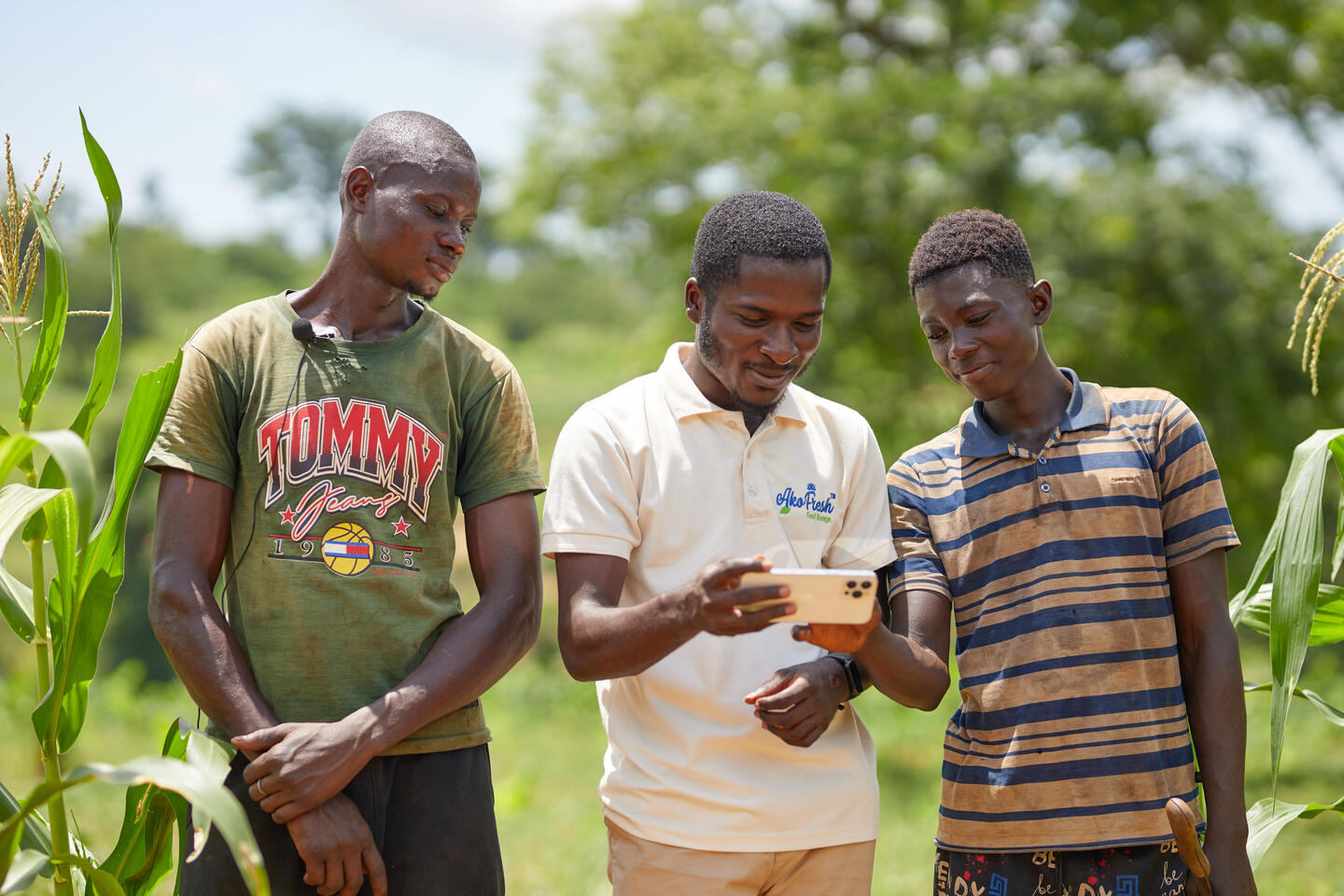
The Netherlands and ITC have been partners since the 1990s. Since then, we have raised the strategic importance of our work from small scale models of direct delivery to large-scale systemic changes on policy, business institutions, the tech sector, and export-focused small and medium-sized producers.
With its presence in Geneva, ITC is able to connect its very practical insights to the global trade community. This is unique within the United Nations system.
The current ITC Netherlands Trust Fund V (NTF V) programme (2021-2025) includes digital technologies and agribusiness sectors in Ethiopia, Ghana, Senegal, and the digital technologies sector in a multi-country project in Benin, Côte d’Ivoire, Mali and Uganda. We have found that building on previous ITC projects is a big plus as ITC knows the opportunities for intervention, encouraging collaboration on the ground and avoiding potential duplication.
So far, the project reach is impressive. Through fintech or agritech services, we are changing the lives of millions of people as we are working with companies that in turn service huge populations from smallholder farmers to urban consumers.
This is leading to benefits such as less waste and higher incomes. On the policy side we are helping build the legal frameworks to make it easier for start-ups and innovators to thrive.
We are also committed to ensuring that production countries benefit from EU legislation on due diligence, sustainability and corporate social responsibility. For example, with NTF V we are working on digital traceability in the coffee sector in Ethiopia and the cocoa sector in Ghana to meet future regulations of the EU market.
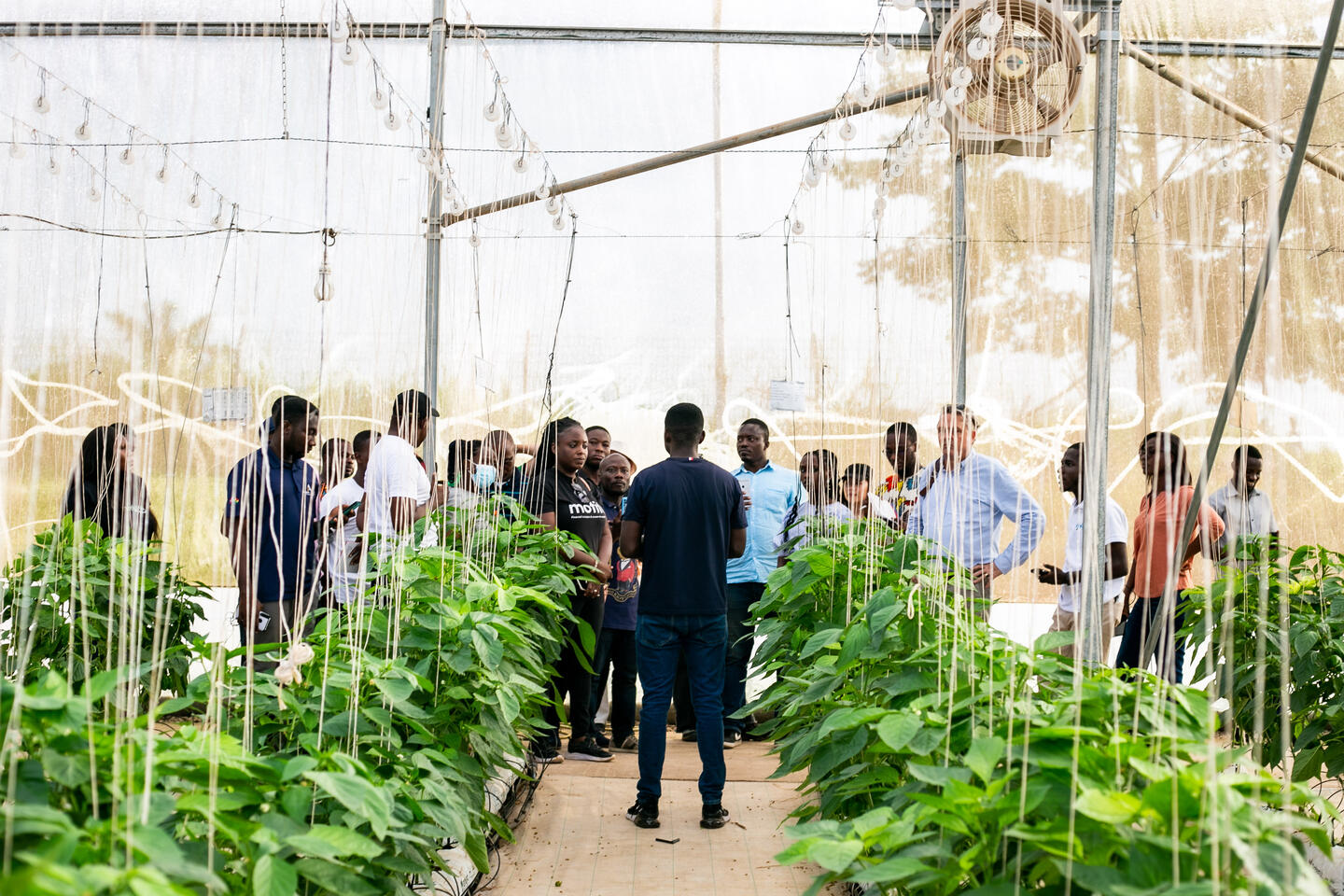
By building capacity in the tech and agribusiness sectors we are not only future-proofing thousands of jobs, we are also helping entrepreneurs become showcases of success. Governments will therefore have evidence that small business can grow the economy, while financial institutions will see that supporting entrepreneurs can create a pipeline of future customers.
Looking ahead, we still face challenges. There is a need for more infrastructure, digital literacy, better and cheaper internet coverage and more start-up friendly regulations.
Additionally, more support is needed to increase the capacity and trust needed to adopt digital services by smallholder farmers. We need all players – from private companies, government, investors, NGOs, the education sector – to pull in the same direction.
The idea is not just to make tech more competitive, but to help tech contribute to the critical issues of today and the future: food security and narrowing the digital divide.




